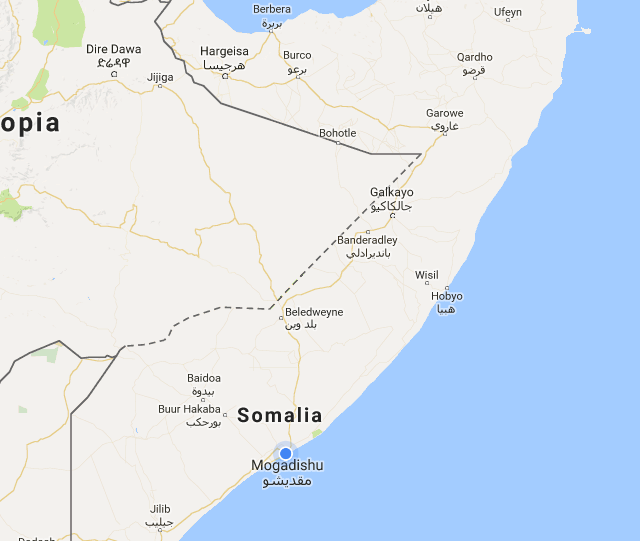Somali gang rape video sparks call for justice, not fine of camels

A group of teenage boys who posted a video online of themselves raping two girls must not be allowed to evade jail by paying for their crime in camels, campaigners said, in a case that has sparked outrage in the conservative Horn of Africa country.
In the attack last month, six teenage boys forced the girls, aged 14 and 16, into a car and drove them close to the Ethiopian border where they stripped and raped them, taking photographs and video, according to activists counselling the victims.
Authorities in the northern region of Puntland have arrested five suspects over the attack and are tracking down the sixth.
“It’s inhuman what those young girls have been through, the way they have been raped, tortured, stabbed,” said Hawa Aden Mohamed, executive director of the Galkayo Center for Peace and Development (GECPD), which is helping the girls.
Rape is pervasive and often goes unpunished in much of Somalia, where decades of conflict have fuelled a culture of violence and weakened institutions meant to uphold the law.
Traditionally, rape victims are forced to accept compensation – often in the form of camels or livestock – and marry their assailants in a centuries-old practice designed to end war between rival clans.
But graphic images of the gang-rape, shared on Facebook, have shocked Somalis, prompting an outpouring of sympathy for the victims and donations from hundreds of people for the 16-year-old and her family.
According to Somali Faces, a platform set up by Somalis in the diaspora, more than 9,000 pounds ($11,000) was raised in two days to help the girl, who has been forced to flee to a different city for fear of being ostracised by her community.
“SEVERE PUNISHMENT”
Faiza Jama Mohamed, head of the Nairobi office of the women’s rights advocacy group Equality Now, said the attack highlighted the plight of thousands of Somali women.
“It has been happening silently to many women and girls,” Mohamed told the Thomson Reuters Foundation by phone.
“Only now that it has escalated to the level of being shared through the internet, it became a big issue.”
Women across Somalia are often reluctant to report rape for fear of being denounced as impure and immoral and rejected by their families.
Equality Now’s Mohamed said a crowd of hostile men came to the hospital where the girls were being treated, demanding their release.
“The hospital was under siege,” she said. “That gives a red flag in terms of how the community is normalising this.”
Clan elders initially proposed that the perpetrators’ families pay each of the girls’ families 100 camels in compensation – an offer they rejected, GECPD said.
“We have refused to allow traditional elders to intervene,” Mohamed Ali Farrah, director of Puntland’s justice ministry, told the Thomson Reuters Foundation.
“We shall take the teenagers to the court for raping the girls and they will face a severe punishment.”
Puntland passed a Sexual Offences Act in 2015, introducing a 15-year minimum sentence for rape, as well as legal aid and free medical care for survivors.
It also seeks to end traditional justice practices by stating that marrying the victim is not a defence and compensation does not “extinguish the criminal action”.
“It’s time to implement (the law) and show they are serious about dealing with sexual violence,” said Equality Now’s Mohamed.
($1 = 0.8120 pounds)
Thomson Reuters